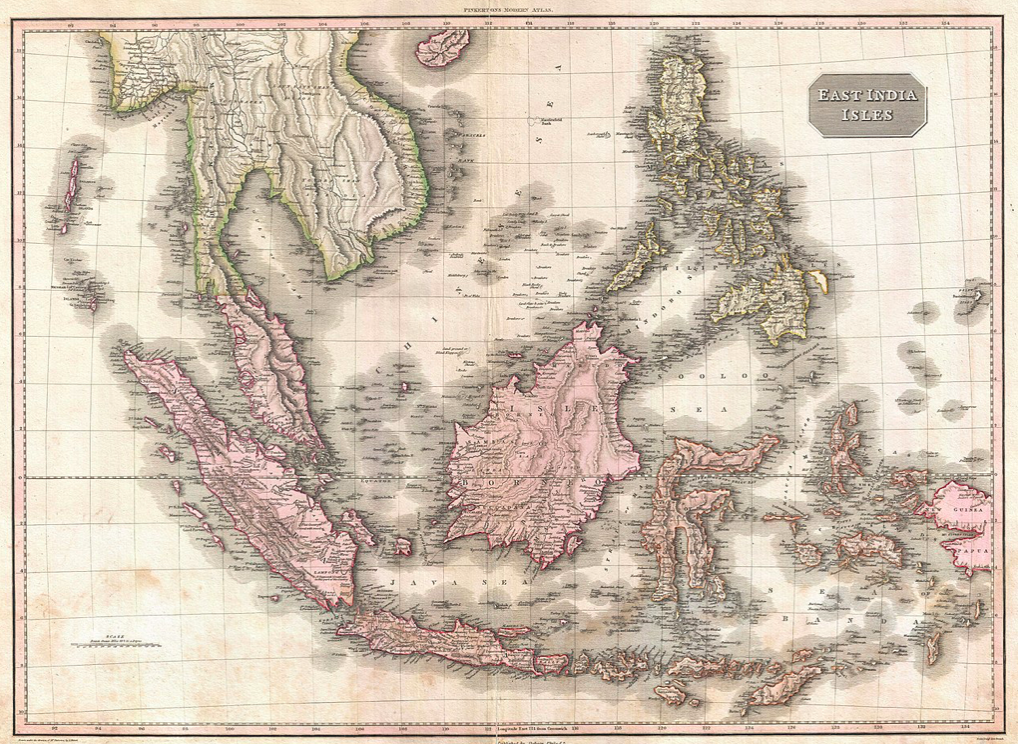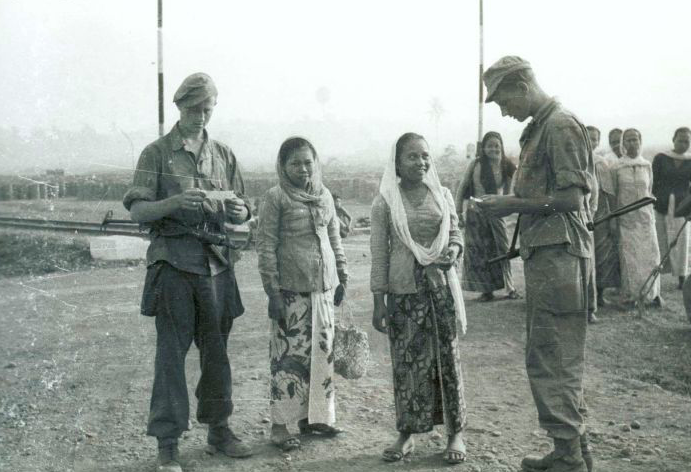The relatives of Dutch colonial victims will have a day in court for their compensation claims to be heard. The five men and one woman are represented by Liesbeth Zegveld.
The relatives of five men, who were summarily executed in Indonesia as Dutch colonial rule there ended, will have their case heard in court, after a groundbreaking decision to lift the statute of limitations.
What is the statute of limitations?
The statute of limitations is a legal document that puts a limit on the amount of time after an event that claims can be made. In the Netherlands, this is five years- so usually, offences committed during colonial times would not be eligible for reparations now. The Dutch state had previously attempted to evade responsibility for these 1947 executions due to the time that had passed. Following this ruling, the government has stated that it is going to consider its options before deciding what to do next. Legally, it could further appeal the ruling to a higher court.
Relatives could be eligible for compensation
However, the Court of Appeal in The Hague found that there was enough evidence of language differences and social disadvantages stopping claims from being made against the Dutch state for the statute of limitations to be ignored. According to the judge, “The court of appeal is of the opinion that especially the extraordinary seriousness and the high degree of culpability of the violence used stand in the way of limitation.” If the claimants are able to prove that they are relatives of the victims of Dutch colonial violence, they will be eligible for compensation- enough to reimburse their cost of living.
Why did these executions take place?
The executions in question took place in 1947, during so-called “cleansing actions” on South Celebes, now called Sulawesi, which is an island east of Borneo. During the second world war, Indonesia (then known as the Dutch East Indies) was invaded by Japan. After the war ended, Indonesian nationalist leaders Sukarno and Hatta proclaimed the Republic of Indonesia on 17 August 1945. The Dutch fought Indonesian nationalists to continue their 350-year-long colonial rule for four years after that.
Feature Image: John Pinkerton/Wikimedia Commons




